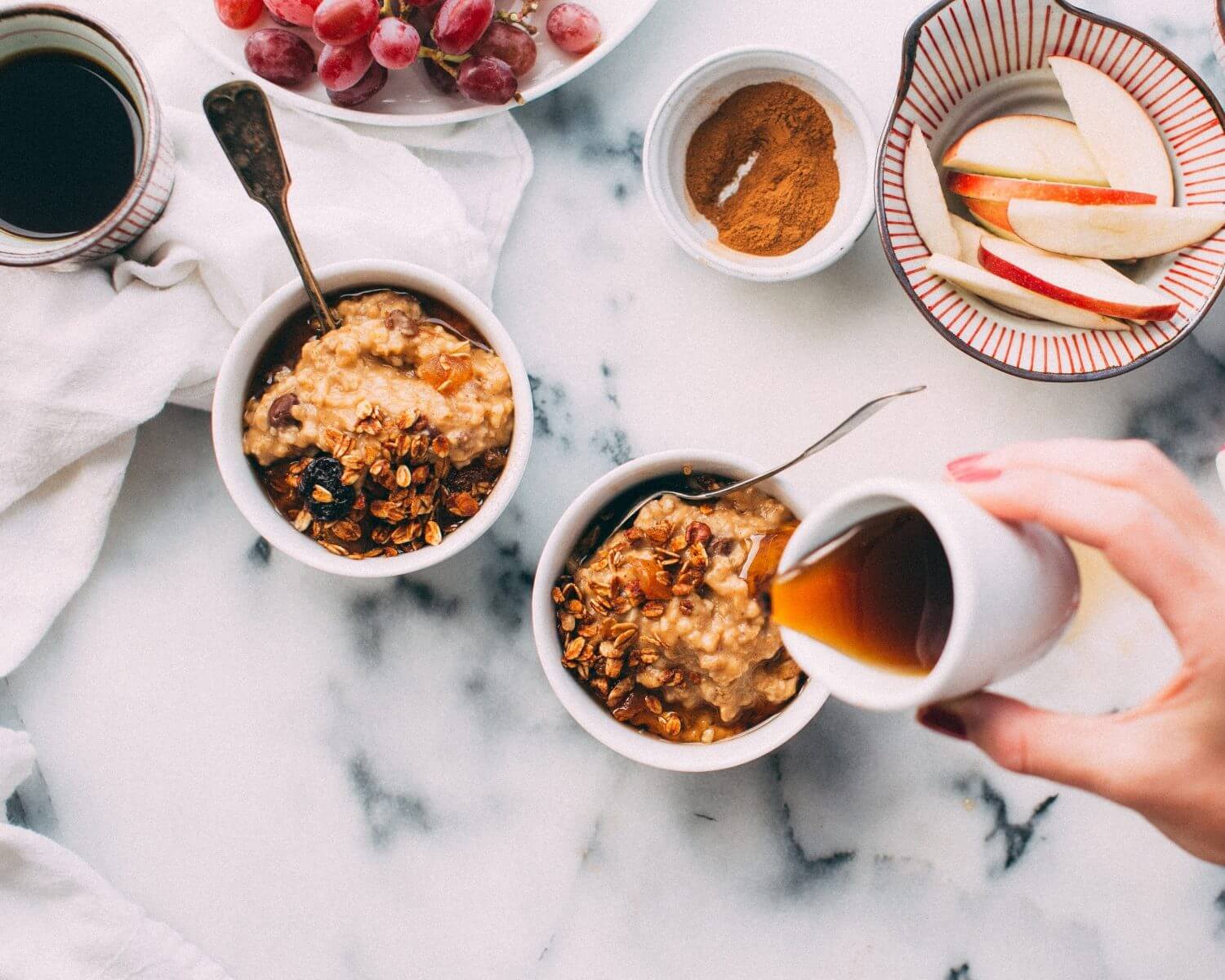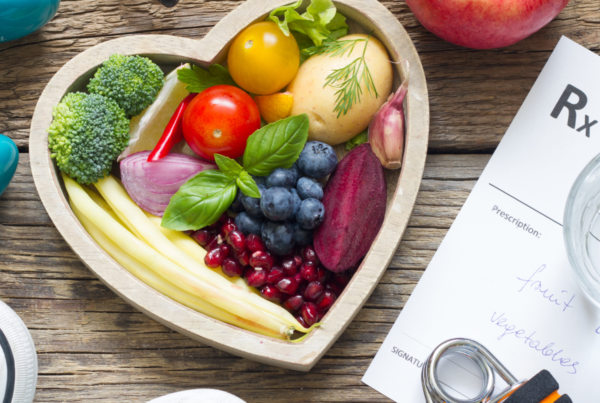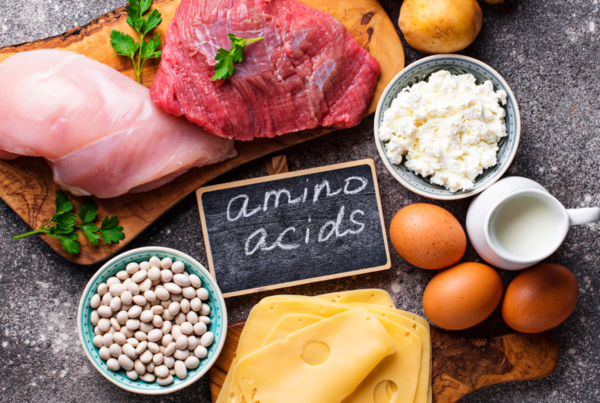EATING BEHAVIORS AND THE BRAIN PART 14
We’ve spent a good bit of time talking about the reward system, hormonal regulation of body weight, and how unnatural foods disrupt all of these processes and take over our eating behaviors. We’re going to spend another post talking about these hormonal processes.
>
“Many of the patients I see who have metabolic syndrome and excess body weight will have elevated leptin levels when I check their blood work.”
I’m sure most of you have heard of insulin resistance. This is a state where we continue to eat foods that trigger high insulin responses, and we eat them in a very frequent manner. We do this in such a way that our insulin responses become unnatural, meaning we’re exposed to high insulin all the time.
When that is the case, our cells begin to stop listening to the insulin, and we become insulin resistant. This causes our pancreas to work overtime to create more insulin, and even when it does this, our blood sugars still rise. This is a significant metabolic condition that creates a lot of diseases, and it’s a product of our modern lifestyles, for the most part.
The Leptin Cascade
When you think about leptin, which is one of the regulators of your energy balance and body fat, the only way you can create more leptin is to create more fat. Fat is the source of the leptin. So in a state of insulin resistance, your pancreas makes more insulin to overcome the resistance. In a situation in which your hypothalamus is resistant to the signals of leptin, you have to create more fat so you can create more leptin. This is a very clear cascade:
-
If you’re resistant to leptin, your brain thinks it doesn’t have enough leptin.
-
The brain needs the leptin production from body fat to get bigger so it can produce more leptin.
-
We begin to build more body fat.
-
You become hungry. Regular portion sizes are not satisfying to you, and it’s very hard to feel satisfied between meals. You just want to keep eating and eat more often.
-
You put on extra fat, which accomplishes the goal of increasing your leptin.
Now, that’s a problem. You’re adding fat to make your brain believe that you have enough fat because of the signaling of leptin. That’s what leptin resistance can do to you, and that’s what these foods can do to you.
But the problem doesn’t stop there. The inflammation and leptin resistance will cause our body to actually defend the increased weight, even though it’s making us sick. Essentially the lipostat in your hypothalamus now operates as though this extra fat mass is necessary for survival. In these cases, our bodies will fight even harder than normal to stop us from losing any fat.
The Doctor’s Conclusion
This is a challenging situation, and many people find themselves stuck without understanding what is happening. Many of the patients I see who have metabolic syndrome and excess body weight will have elevated leptin levels when I check their blood work.
>
“While we don’t have clear science to support what can reverse leptin resistance, we do know that by eliminating the high palatability, high reward foods, and orienting your diet around natural whole foods, you can begin to change this situation.”
This means we have to take a different dietary approach for them. I can’t just place them on a reduced calorie diet and have them exercise, and assume that will work. Their own body will resist this. It will create intense hunger, and downregulate their metabolic rate, making them very tired.
You have to be aware of this. If you have leptin resistance, you’ll have to follow a different path. That sounds like bad news, but there’s also good news. While we don’t have clear science to support what can reverse leptin resistance, we do know that by eliminating the high palatability, high reward foods, and orienting your diet around natural whole foods, you can begin to change this situation. Eventually, research will prove why this works, and it’s not too late for any of us.
Our bodies are waiting for us to give them the right messages to become healthy. Choose to do so today.
If you are looking for a straightforward, easy-to-use roadmap to wellness, please see my book, Authentic Health. In it, I offer a program for addressing the habits and conditions that drive many of our painful chronic conditions.







